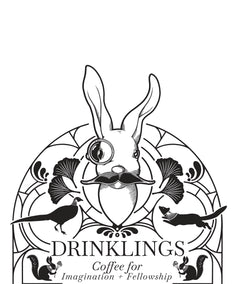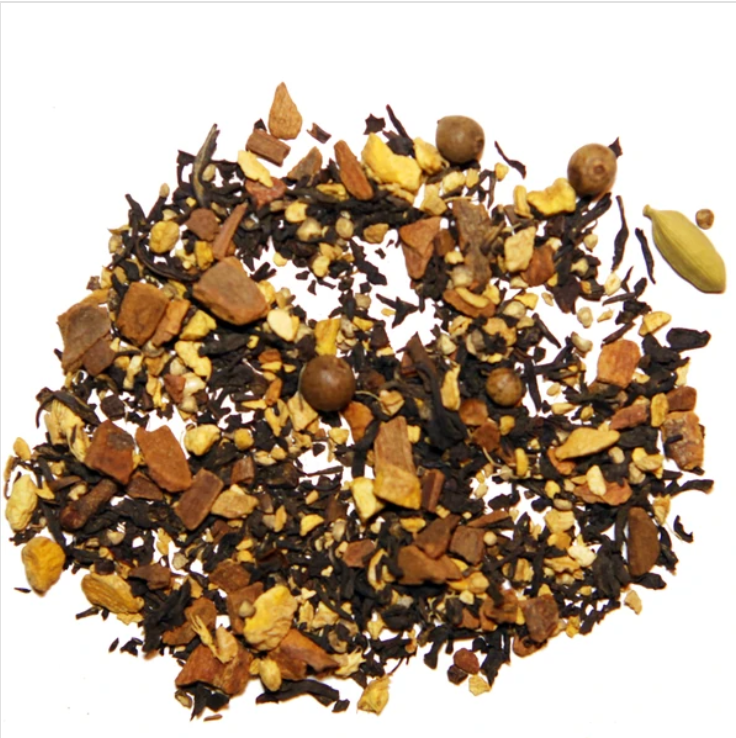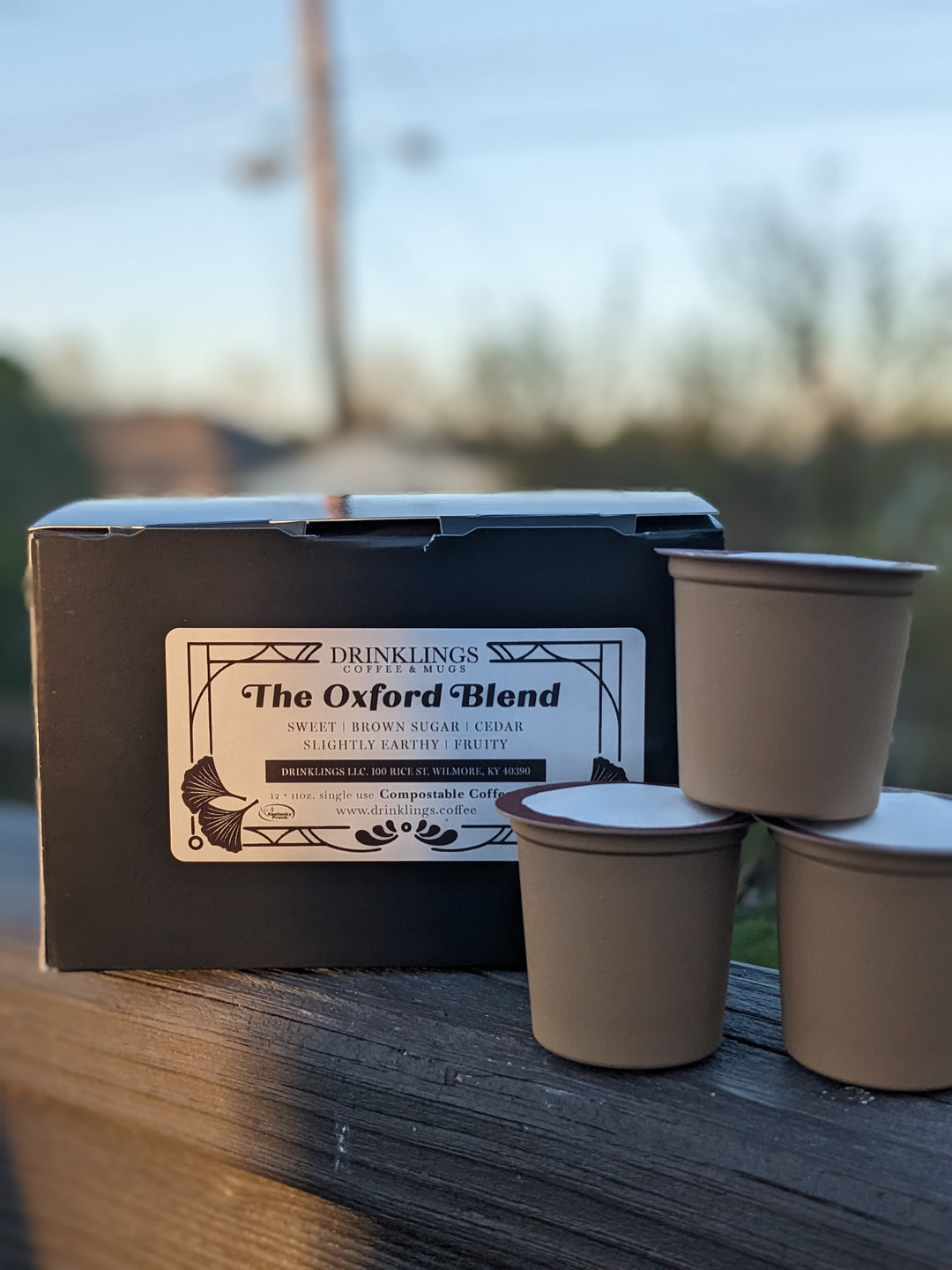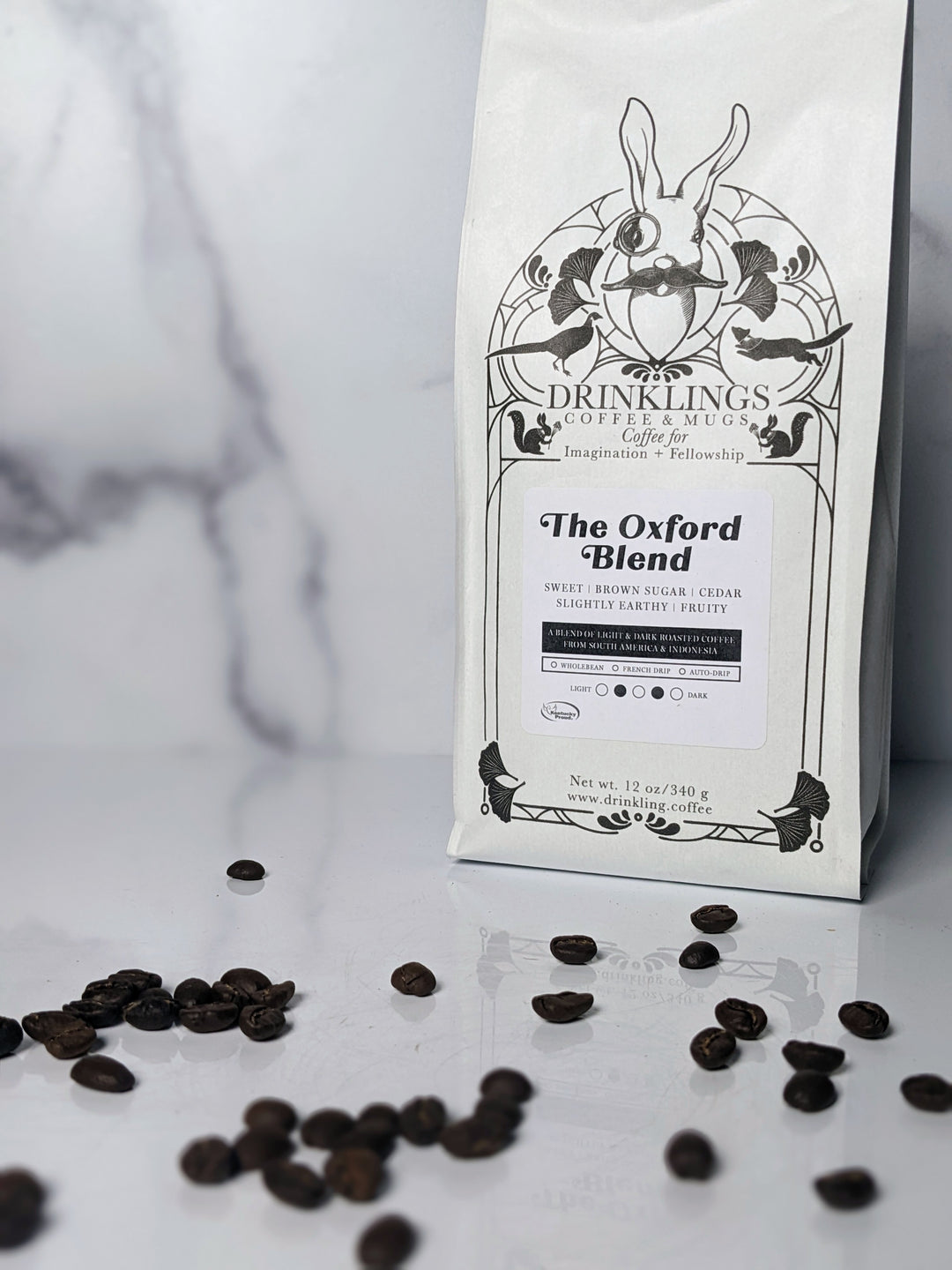Moving from “Coffee with a Mission” to “Coffee for Imagination and Fellowship”
Note: This blog has been a long time coming. Much of that has been a matter of distraction. We closed up our coffee shop in early May 2021 and have spent the past three months in heavy renovation mode and trying to ensure that the other part of our business (wholesale and online sales) could float our business during that time.
Needless to say, the delay was also something intentional. The whole switch from “coffee with a mission” to “coffee for imagination and fellowship” is not a subtle transition either externally or internally. A lot of the past several months have been part of “fleshing out” that idea: what does it mean, why focus there, how does that fit within the larger framework of our operation, how do we communicate this, and what does it look like practically? At this point, three weeks or so from opening, we want to explore what this shift looks like and why we made it. We hope you’ll join us over the next three blogs particularly.
For those who have followed us since our “coffee with a mission” days, you’ll have noticed a rebranding that began 10 months ago that ultimately has put our company in a new direction and will culminate in the new Drinklings Coffee House launching this fall. I want to talk about that shift a bit and why we made it.
The rebranding, re-missioning, and re-imagining comes in part due to some lessons we learned during our first two years of business which were designated, respectively, by a grand opening year with the typical (and some not so typical) challenges and by Covid 2020 in which our main prerogative (at least on the business side) was to simply survive. There were a lot of things learned during those first two years, a lot of mistakes made, and a lot of challenges that were unforeseen. And I want to express that in no way is the learning over--there are still things I need to learn and no year--whether its a year of beginning, a year of Covid, or a just plain regular old year in which business is mundane and usual--in which one can say ‘I got it figured out.’
But there are two lessons that have been learned that I think have paved the way for the future of Drinklings and they are embodied practically in our shift from “coffee with a mission” to “coffee for imagination and fellowship.” The first concerns the actual space in which we conduct our business and how fundamental that is to what happens in that space. The second lesson is related to the question of whether or not a business should even brand itself along the lines of "doing good."
Covid forced myself and our team to take a real hard look at what the purpose of a space actually is and ask the question ‘what role does a space play in a business like ours?’ In other words, when Covid hit and we lost 60% of our business, we really needed to ask ‘What is it that people come here for anyways?’
I think the answer to that lies in the realization that at a consumer level, almost all of us support businesses that meet both an internal and external need. We may think at a very conscious level that “What I want is a double cheeseburger right now!” but as soon as we hit that drive thru what we are really saying is, “I want a convenient double cheese burger right now.” Likewise, we may say “I want a good education” but what we really mean is “I want a good education in the sense that I define what that means and feel satisfied by the end result and what I get along the way in terms of friendships, aesthetics, pride, marketing opportunities, a future vocation, etc.”
So for us, we really had to ask “how does the space we offer play into people’s experiences and what they want?” Where we were at 325 E. Main Street in Wilmore was wonderful as a starter place and no doubt, especially for a small town, we had many folks who would comment on how “cool” or how “nice” of a space it was. One person called it a "Portland Coffee shop in a small central, KY town." And while I was always appreciative of that, I never fully felt like the place actually was an extension of our identity. It meshed well with “third wave coffee shop” (as could be seen from the Portland comment) but what particularly was it that meshed with Drinklings? How did it particularly connect people to our particular business beyond the brick walls and high ceilings? You might kind of gather here that this is why I actually rather dislike Instagram as a necessity of business. You can make the exterior of anything look excellent but that does not mean that it actually coheres, that it’s actually healthy, or that it integrates with the organism. For us, with an opportunity to move, we wanted to ensure that a space was not simply a space but that it was very much part of who we are.
Secondly, we had to confront the question of mission. How would that play into the future? What had we been successful at in the past? What had we struggled with in the past? Were we clear on what that meant externally and internally? (Hint: we weren’t). Did we feel confident in that mission? Would that cohere and integrate with the new phase of Drinklings and our move to a new space? Would we need to change this later? How would we speak to mission in a way that was comfortable to us? Should we even be a coffee company with a mission?
Now, it is my conviction that mission should be a fundamental part of any business in the public and private sector. I’ll go to bat saying that no matter what you do, you should find some way of tithing your business. It’s just a part of doing good in the world and I think any business that doesn’t have “giving back” in its core values should rethink whether it should exist in the first place. That may be harsh but I think it’s true. A graphic designer can give a bit of free work away to organizations that need a bit of help. A plumber can volunteer to do some jobs here and there for impoverished homes. And luckily I’ll say that I am generally encouraged by the amount of “giving” in our public sectors.
But I also became convinced that it should not be the core of its marketing strategy. It’s not that I think having a sign that says “our profits go to such and such” is bad (that may be just a matter of transparency) but I have become increasingly reticent about making it a feature of why you should buy from us (note: I do not think this criticism extends to non-profits, churches, or agencies--such places are most of the time specifically tasked with a particular cause and relaying what is being done is an important part of metrics). Marketing alongside the lines of “buy from us because we do x” or “give to x” just feels, in my mind, like you’re trying to monetize good. Perhaps it's exactly the same reason why I always disliked the practice of passing the offering plates around the church service instead of just sticking a box at the back of the room. And it’s not to say that this is always done wrong or that people’s intentions are somehow wrongheaded. Many times that are right-headed. I very much believed in the importance of being a business that tried to do more than make a profit. But I routinely and increasingly felt uncomfortable trying to communicate that in any way.
So in the Spring of 2020, we shifted to “coffee for imagination and fellowship.” It was a synthesis and felt like finally a square peg in a square hole. From our literary, philosophical, and theological mugs to our programs like our Verum Fabula Fellowship, Thinklings, to our inspiration from The Inklings, to our partnering events, music nights, book clubs, and a whole host of future things we looked at wanting to be about as Covid waned and we re-opened our new facility, the shift to “Coffee for Imagination and Fellowship” made a lot more sense for our identity and what we wanted to be and, honestly, what we have been about for awhile.
I might note that the shift also occurred when in the midst of Covid I thought we had a really good opportunity before us to re-evaluate how we did life at a cultural level. We had--at all levels whether that be macro, mezzo, or micro, an opportunity to ask “Are we healthy?”: relationally, mentally, spiritually, vocationally, etc. My fear was that in a society where rush and hurry were the bedfellows of commercialization and consumerism that we would ignore the opportunity to resist: to slow down, breathe, fix broken things, etc.
Being part of the community and part of the culture that was “shut down” we had to ask ourselves that question as a business, as individuals, and as families. What is the pace that we want to run our business at? Are we going to despair when we take a loss on a day (or even a period of time)? Are we willing to compromise ethics for the sake of expediency? Are we going to pretend that both social life and business life was alright before Covid and that only if we could get back there then we would be happy? Are we going to prioritize our families over our vocation? Are we okay if this goes belly up? Are we practicing sabbathing? Are we taking care of our mental health? Our children? Do we need to live at a certain level? Are we willing (and even excited) to slim down our habits and our possessions in order to ensure we are not pursuing comfort for its own sake?
Thus, this confronted us with the question of modernization and industrialism. And as I stared out against a space that was vacant and a shelf of mugs where almost all of our caricatured authors warned against the dangers of modernization and its toll on our social and individual health, we made the decision to hang up the “coffee with a mission” and become “coffee for imagination and fellowship.”
The opportunity to actually renovate a new space--a space we had actually first considered many years ago when looking at facilities in downtown Wilmore--helped solidify this revisioning. Getting the opportunity to move away from a “coffee shop” to a “coffee house” where we could better shape a space where imagination and fellowship could be defining characteristics of our atmosphere ultimately helped shape this vision. In fact, in many ways the place looked like a place where “imagination and fellowship” could be practiced, much like the Inklings society had done in their day in Oxford’s The Eagle and Child.
The two words “Imagination” and “Fellowship” are dear to us, albeit they can be a bit ambiguous on the surface. We’ll break those down in two future posts, but let me just note that any business and organization is for something, even if that is unmentioned. In the world of coffee, we see--even amongst Third Wave spaces--an identification of or even celebration of the rush, hurry, and expediency of our current world. There is still a focus on consumerism for consumerism's own sake, for clocked experiences, for cheap products, over branding, etc.
Much of what we want to be about is different. And so the shift from “coffee with a mission” to “coffee for imagination and fellowship” is not directly an abandonment of the prior intention but it is a shift in focus and orientation where mission can be brought in but not centralized as the core public identity. Where it becomes part of the value system of the organization but not its face. And that feels more comfortable to me. I think its something we can build our brand on. I think its something we can offer that is different. I think it’s something that coheres with a space we get to develop, programs we get to implement, drinks and offerings we get to create, and so on and on.
Next week I will post about Imagination. What that means and looks like in this new phase of Drinklings and how in the world a bag of coffee can even be about that.




